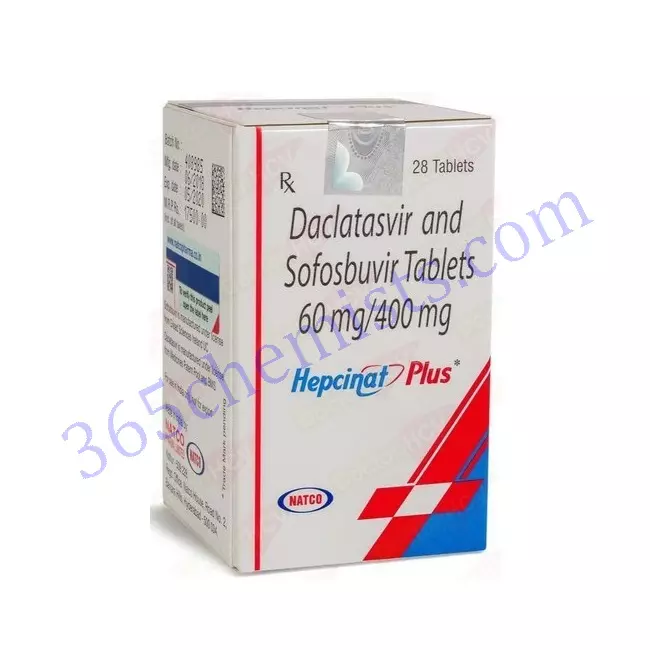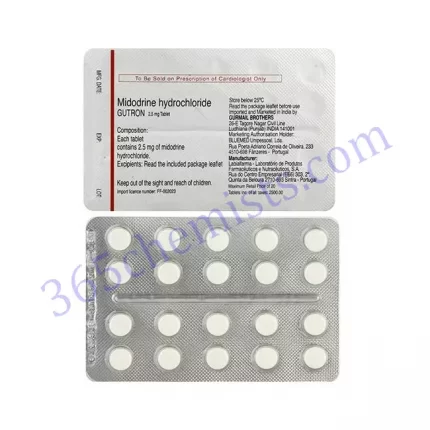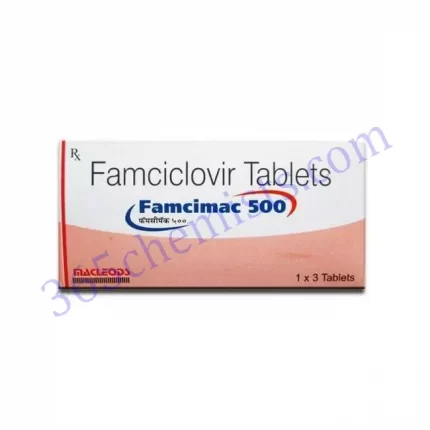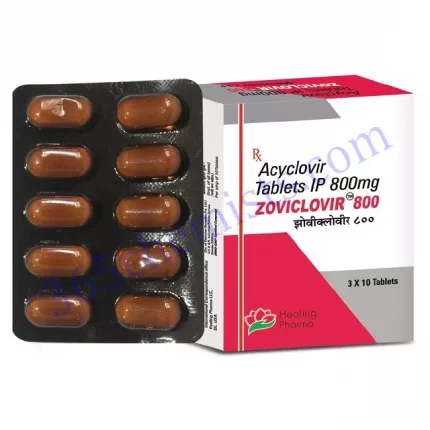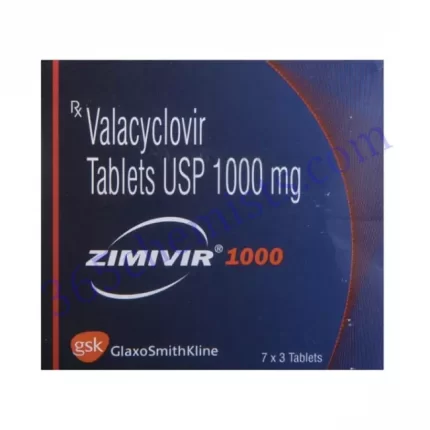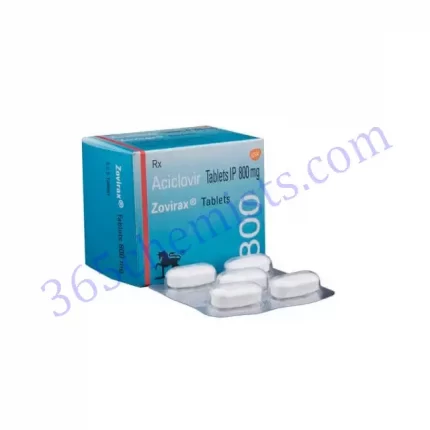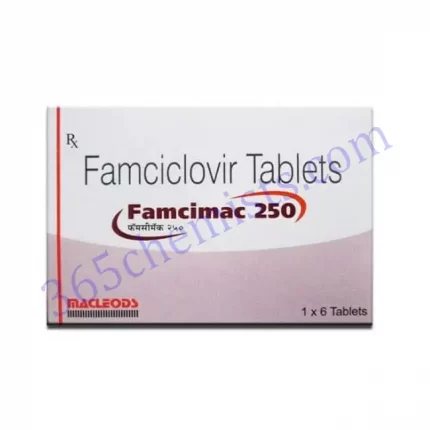Hepcinat Plus Tablet (Daclatasvir/Sofosbuvir)
Hepcinat Plus Tablet is a medication that is frequently prescribed for the treatment of chronic hepatitis C virus (HCV) infection. This medication treats HCV by containing the active ingredients Daclatasvir and Sofosbuvir. Both Daclatasvir and Sofosbuvir are considered to be direct-acting antiviral (DAA) medications. These two drugs complement one another in their ability to prevent the hepatitis C virus from growing and replicating. The purpose of this in-depth guide is to provide a detailed description of Hepcinat Plus Tablet, including its applications, the dosage that is recommended, and the potential adverse effects that may occur.
Uses of Hepcinat Plus Tablet
The chronic infection caused by the hepatitis C virus (HCV) in adults is the primary indication for the administration of the Hepcinat Plus Tablet. Because it is effective against a wide variety of the virus’s genotypes, it is frequently combined with other antiviral drugs in treatment regimens in order to achieve the best possible results. The combination of daclatasvir and sofosbuvir helps to suppress the viral load, improve liver function, and reduce the risk of long-term complications associated with chronic HCV infection. These benefits can be achieved through treatment. The specific treatment regimen and duration will be decided by the healthcare provider after taking into account a variety of factors, including the HCV genotype, the condition of the liver, and the characteristics of the individual patient.
Dosage Recommendations
It is possible for the dosage of Hepcinat Plus Tablet to change depending on a number of factors, such as the particular genotype of HCV that is being treated, the presence of liver cirrhosis, and any other medical conditions that may be present at the same time. It is of the utmost importance to strictly adhere to the detailed directions that the prescribing medical professional has provided. In most cases, the tablet should be swallowed orally once daily, either with or without food. The length of treatment could be anywhere from 12 weeks to 24 weeks, depending on how well the individual responds to therapy and whether or not there are any treatment-specific considerations present. In order to achieve the best possible results from treatment, it is essential to see the full course of treatment through to its prescribed conclusion.
Potential Side Effects
Hepcinat Plus Tablet, like any other medication, has the potential to cause side effects; however, not everyone will experience them. Headaches, fatigue, nausea, diarrhoea, and insomnia are examples of common adverse effects that may occur. These adverse effects are typically mild and have a high probability of disappearing on their own. However, it is imperative to notify the healthcare provider if any side effects continue or become bothersome after they have been treated. In addition, there are some side effects that occur less frequently but are more serious and require immediate medical attention. These include severe allergic reactions or signs that the liver is not functioning properly. Patients need to be aware of these possible adverse effects and should seek medical attention if they manifest themselves.
Precautions and Interactions
Before beginning treatment with Hepcinat Plus Tablet, it is essential to provide the healthcare provider with details regarding any pre-existing medical conditions, allergies, or medications that are currently being taken. There is a possibility that Daclatasvir and Sofosbuvir will interact negatively with other medications or substances, which could reduce their effectiveness or raise the risk of adverse reactions. It is essential to provide the healthcare provider with any and all pertinent information in order to ensure the medication is used in a manner that is both safe and effective. In addition, it is essential to emphasise that the Hepcinat Plus Tablet should never be used during pregnancy or while breastfeeding without the supervision of a qualified medical professional.
Conclusion
A medication known as Hepcinat Plus Tablet, which contains both daclatasvir and sofosbuvir, is one of the drugs that is frequently recommended for the treatment of chronic hepatitis C virus (HCV) infection. It helps suppress the viral load, improve liver function, and reduce the risk of long-term complications by inhibiting the growth and replication of the HCV virus. In order for patients to achieve the best possible results from treatment, it is essential for them to have a comprehensive understanding of the uses, recommended dosages, and potential adverse effects of Hepcinat Plus Tablet. However, because this guide is not intended to replace medical advice, it is essential to speak with a healthcare provider in order to obtain information and direction that is specific to your situation. In order to use Hepcinat Plus Tablet in a manner that is both safe and effective for the management of chronic HCV infection, it is essential to adhere to the prescribed dosage, report any adverse effects that may be cause for concern, and observe all precautions.

